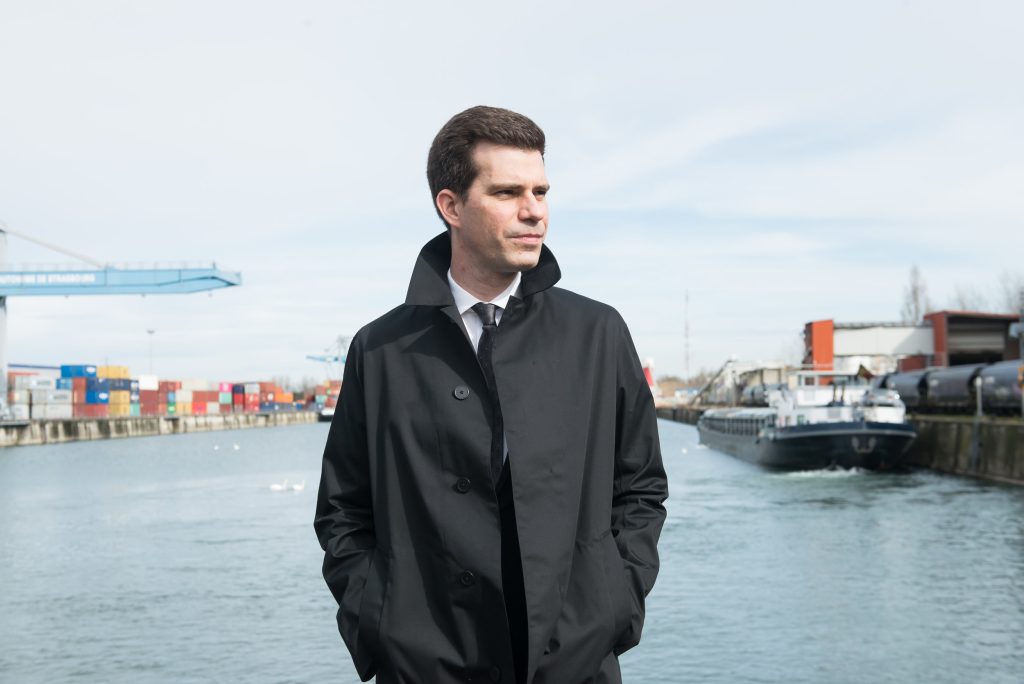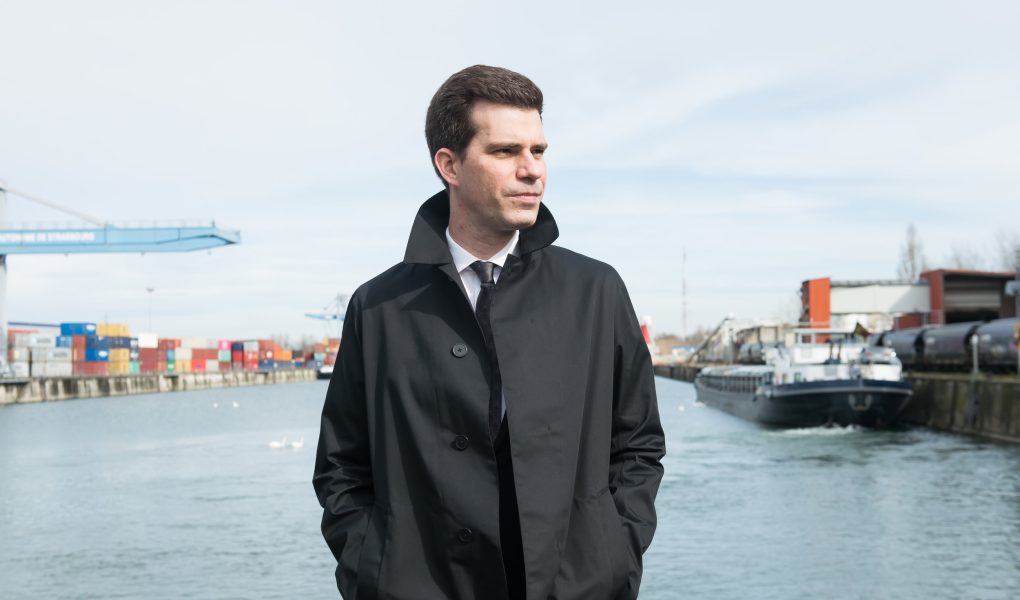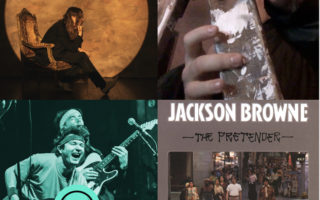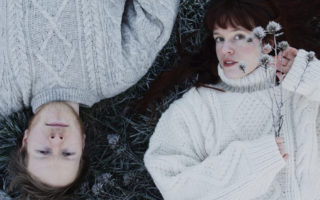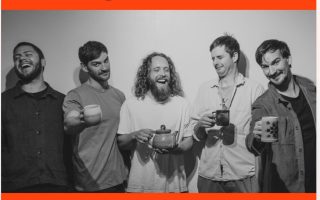Hello Samuel how are you?
A bit dazed from having been on the road for 6 weeks, but otherwise well enough, thank you.
Congratulations on the release of “In Glow Of Like Seclusion” how does it feel?
I’m very happy with how the disc has come out, in every respect, and thrilled to have the opportunity to share the fine work that Ensemble Proton Bern have done with as many people as possible.
It’s your sixth album release what do you feel you have learned since the first one?
I feel that I am moving towards a greater integration of musical materials that might have seemed incompatible in the past. I’ve gradually learned how to make them speak to each other. In some of my earlier compositions, the materials tended to be a bit more cordoned off from each other. It might seem obvious enough, but in practice, it’s been very difficult to achieve.
What’s your favourite track from it?
I feel it would be immoral to state a preference — they’re like children. You want all of them to do well.
You recorded it with long time friends Ensemble Proton Bern, how did that come about?
Proton is a group I’ve been working with for over 10 years now. It’s an obvious enough thing to work with artists who you can trust, who share your musical values and interests and who are in alignment with what you are doing. I would think anyone would prefer to work in such conditions.
This is your second collaboration with them, what were the easiest and most challenging parts of recording this project?
The easiest part was deciding to do it, since the desire to proceed was very strong on both sides. The most challenging part for me was probably the uncertitude of premiering the newest piece on the disc (the vocal cantata) just days before it was due to be recorded. I had a good idea of how it would turn out, but still, one is never quite sure before the premiere if the piece will work or not — and if it hadn’t worked, I’d have been stuck with it. Fortunately, I feel the piece did come together rather well.
What are your favourite memories from the sessions?
I tend not to retain moments from the working process in my memory. In contrast, it is the ‘down time’ that I cherish — all the seemingly unimportant, unscripted moments that are in fact very important: spending too much time at the canteen of Swiss Radio in Zürich with the musicians, having coffee and so on, trying out local restaurants, complaining about the hotel.. In reality, that is where everything happens as such moments determine the tenor of the working sessions. But I must say I very much enjoyed working with the excellent Tonmeister (balance engineer/producer), Andreas Werner, a totally superb musician and technician who just made everything so much easier for us.
You are a composer from Ontario, how did it all begin for you?
An inexplicable obsession with music. One can’t account for such things, it simply gripped me from a very young age, and I merely yielded to the compulsion to create.
What did you listen to growing up?
Lots of Beethoven and Bach. And my two older sisters had a large collection of mainly English 80s pop music, which I enjoyed hearing.
You have a love for rare instruments what’s your favourite?
There are indeed certain instruments that I keep writing for — perhaps the bass flute foremost among them. It lends a certain colour to my ensemble pieces that I can’t seem to do without. It sounds particularly excellent in combination with the bassoon, the horn or the celesta.
You have used the Casio SK-1 a truly vintage iconic keyboard, what was the inspiration for that?
I never saw the SK-1 as exactly ‘iconic’, it is so synonymous with the 1980s, with many people seeing it as a toy. Not that many people use it in any kind of serious way. The main interest for me was to take this mass-marketed keyboard from 1985 that has become obsolete and see if I could treat it as seriously as I might a Bösendorfer grand piano; in other words, truly get to know it and its possibilities and push them as far as they could go. The greatest concentration of creative freedom is always found in constraint.
Post COVID what have you learned about yourself in the last three years?
I have become acutely aware of the importance of the new media and communications technologies and the role they play in shaping our lives, and in my case, my career. And I’ve gotten much better at using these tools to develop a much broader audience base.
Did you pick up any new skills?
I’ve become a more effective teacher, communicator and public speaker. During the pandemic I had a pronounced uptick in requests for private Zoom lessons in composition, and that caused me to sharpen my pedagogical skills. Also, in recent years I’ve developed my practice as a photographer quite a lot — the new album features several photographs from a series I am working on that documents the German border town of Kehl, which is very close to where I live.
What are you listening to at the moment?
I’m listening to Jim O’Rourke, the Indian carnatic composer Thyagaraja, and the 17th century German composer Heinrich Scheidemann. I’m not trying to come off as eclectic, that just happens to be what’s on my sound system at the moment.
What’s next for you?
I would like to write more orchestral music and also continue my ongoing series of solo piano pieces, begun in 2011. And many other projects too numerous to mention.
